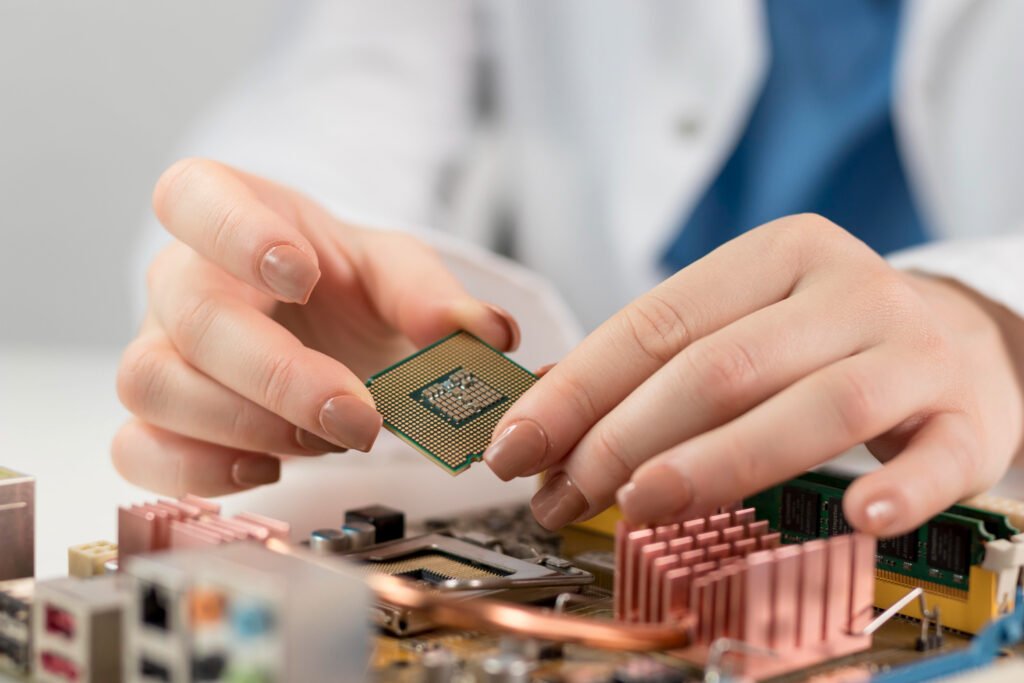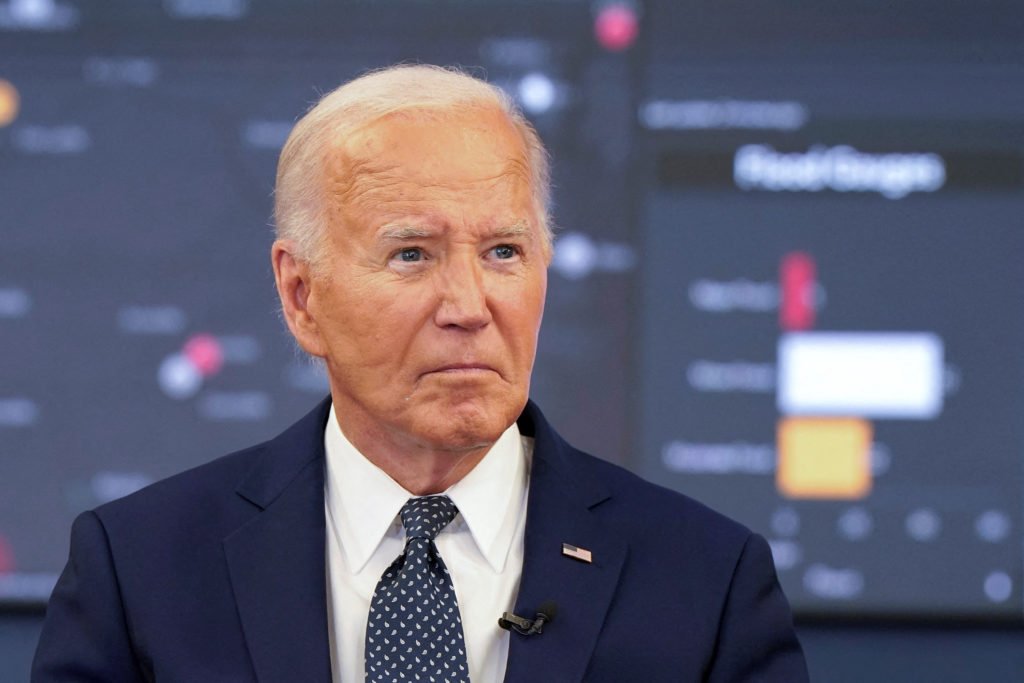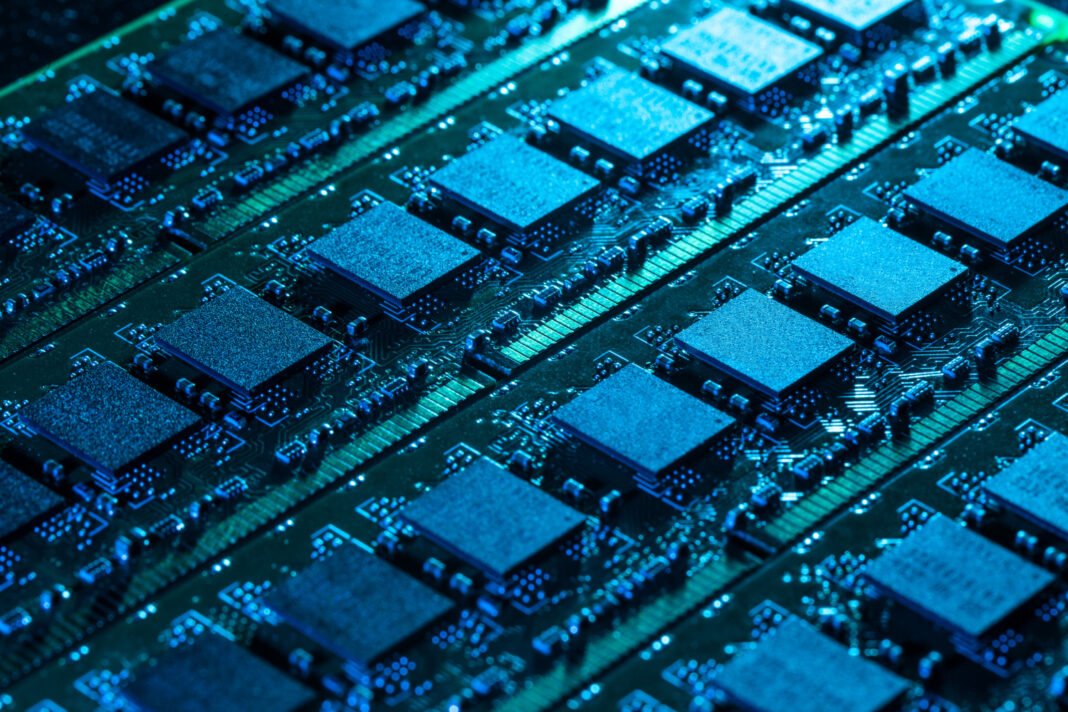The United States has announced tougher regulations on AI Export Rules to safeguard its advanced computing capabilities and share them only with trusted allies. The goal is to prevent countries like China, Russia, Iran, and North Korea from accessing cutting-edge AI chips and technology. These rules, effective in 120 days, will restrict the export of high-performance AI chips to most nations, while key allies such as Japan, the UK, and South Korea will enjoy nearly unrestricted access.
Commerce Secretary Gina Raimondo highlighted the importance of these measures, stating, “The US leads AI now, and it’s critical we keep it that way.” She emphasized that maintaining leadership in AI development and chip design is a top priority.
The new regulations set strict limits on the number of advanced chips exported to over 120 countries, including Singapore and Saudi Arabia. Trusted allies, like Japan and the UK, will remain exempt from these caps. Arms-embargoed nations such as China, Russia, and Iran are entirely barred from receiving AI technology. These actions reflect the US’s commitment to retaining its competitive edge in the global AI landscape.

Balancing Innovation and Security in Global AI Regulation
The US has introduced new controls on “model weights,” a key component in advanced AI systems that shapes decision-making in machine learning. These regulations will impact major tech companies like Nvidia and AMD, which produce many of the affected AI chips. Nvidia has criticized the rules as overly restrictive, pointing out that much of the technology is already available in consumer devices. Similarly, Oracle has warned that these measures could unintentionally boost Chinese competitors by limiting US market reach.
Cloud providers such as Microsoft, Amazon, and Google will now require special approvals to export AI chips for data center projects in specific countries. Once granted, these approvals will come with strict conditions, including security protocols and assurances of ethical use. For years, the US has aimed to block China from accessing advanced AI technology that could strengthen its military. These updated regulations seek to close existing loopholes and tighten control over global AI advancements.
AI offers transformative potential, with applications in healthcare, education, and food security. However, its risks—such as misuse in cyberattacks, surveillance, or advanced weapons—are equally significant. US officials emphasize the need for these rules to address AI’s rapid evolution, which could profoundly impact the economy and national security.
China’s Commerce Ministry has condemned the new restrictions, vowing to protect its rights and interests. Experts also worry that inconsistent enforcement could weaken the rules’ effectiveness over the next decade. As the incoming Trump administration prepares to oversee implementation, the global tech landscape braces for a period of adjustment.
While industry concerns persist, US leaders maintain that these measures are critical to staying ahead in the fast-evolving AI race.
Also Read About –
ChatGPT Latest Update Lets Users Customize Its Personality, From ‘Chatty’ to ‘Gen Z’
Blackstone Commits $300 Million to AI Data Company Investment


